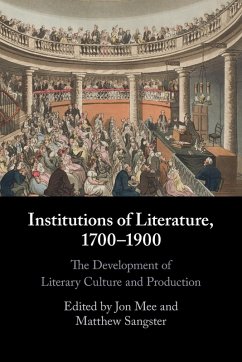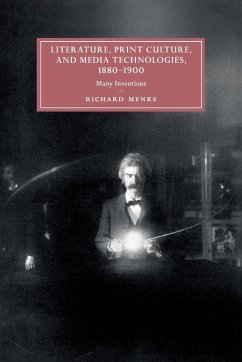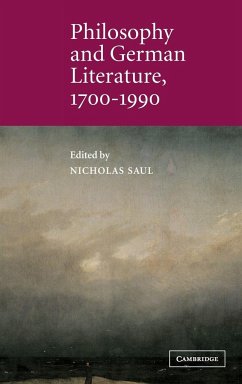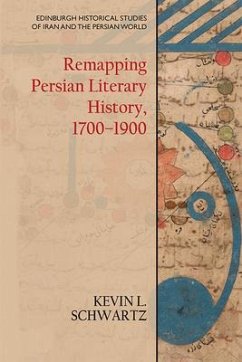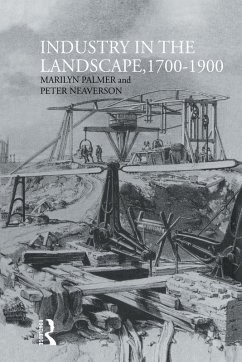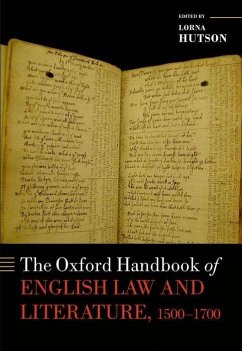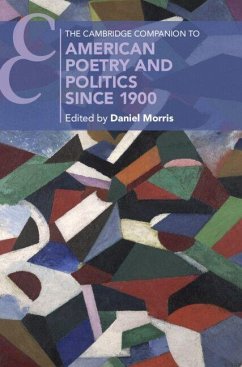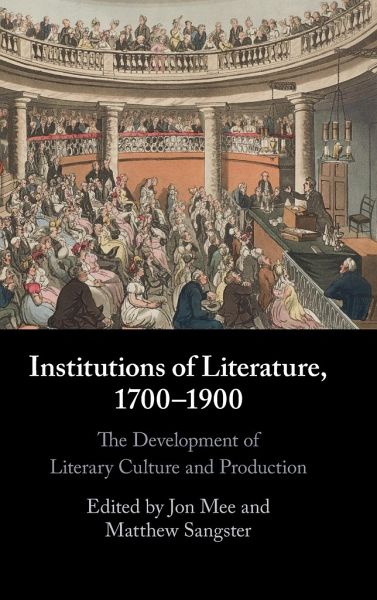
Institutions of Literature, 1700-1900
Versandkostenfrei!
Versandfertig in 1-2 Wochen
92,99 €
inkl. MwSt.
Weitere Ausgaben:

PAYBACK Punkte
46 °P sammeln!
This collection provides a lively understanding of the roles institutions play in the production and reception of literature, arguing against the assumption that the institutional and the literary are necessarily at odds and demonstrating the particular importance of the period 1700â 1900 to the development of the modern institutional landscape.





